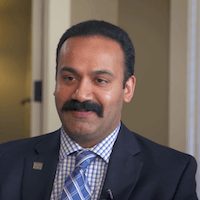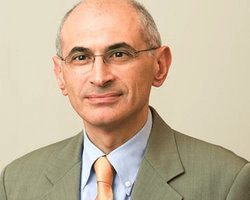
Interview Notes
Find more about Paul Mathew, MD and his work here:

Interview Notes
Find more about Richard Lipton, MD and his work here:

Interview Notes
Find more about Wendy Thomas and her work here:
- You can find more information about Wendy and the Migraine Trust at migrainetrust.org
- The Migraine Trust are also on Facebook and Twitter @MigraineTrust

Interview Notes
Find more about Alexander Mauskop, MD and his work here:
- You can find Dr Mauskop at the New York Headache Center at nyheadache.com
- One of the supplements which Dr Mauskop developed and mentions as his ‘competing interest’ is available here

Interview Notes
Find more about Christopher Oakley, MD and his work here:

Interview Notes
Find more about Robert Cowan, MD and his work here:

Interview Notes
Find more about Janet Geddis and her work here:

Interview Notes
Find more about Lyn Griffiths and her work here:
- Visit the Genomics Research Centre at http://www.genomicsresearchcentre.org/
Find information for the general public or for health professionals and learn more about research and testing being performed via the link above.

Key Questions
- Is migraine caused by psychological factors?
- Can any doctor effectively diagnose and treat migraine?
- Is migraine something you just have to “live with”?
Interview Notes
Find more about Peter Goadsby, MD and his work here:
Key Questions
- What is “transient aphasia” and how does it relate to migraine?
- How can you manage a very public career once viewers have seen you having a debilitating migraine attack on live TV?
- What are ways you can educate employers and coworkers while managing migraine?
Interview Notes
Find more about Serene Branson and her work here:
Key Questions
- How does the Americans with Disabilities Act define a disability and how does this definition relate to chronic migraine?
- What is the disability application process and what information is required for submission?
- At what point should a person consider applying for disability?
Interview Notes
Find more about Angie Glaser and her work here: